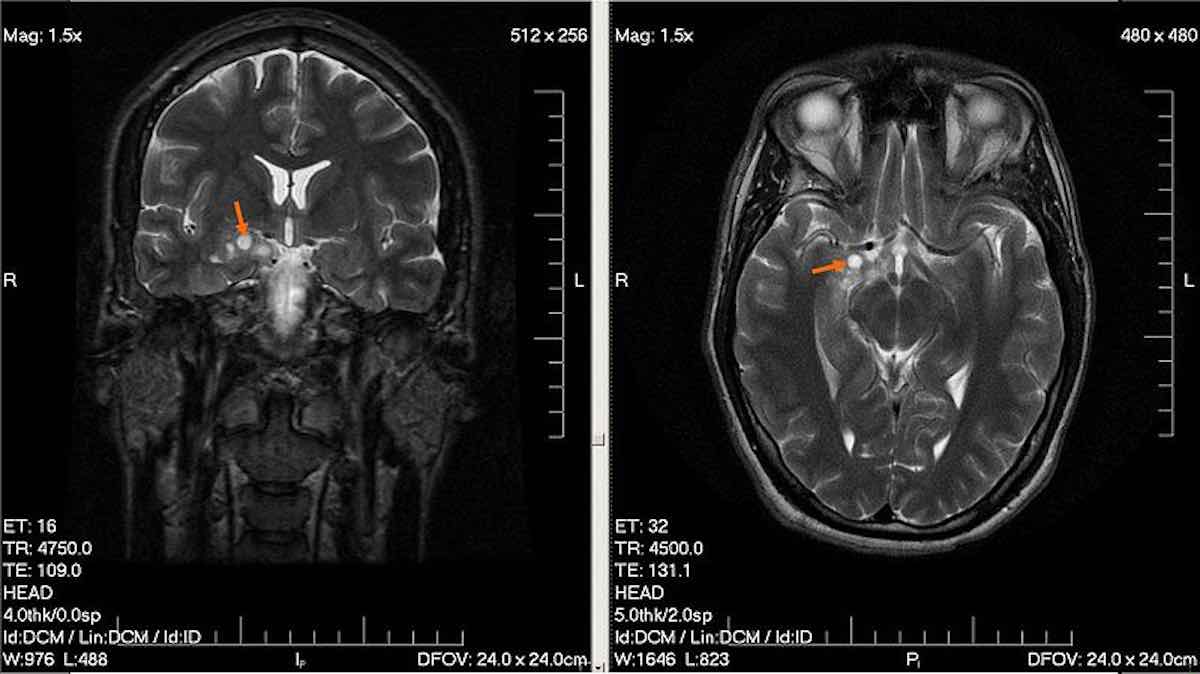Ordinarily, these brain cancer patients would not live longer than 17 months after their initial diagnosis – but after undergoing clinical trials for a customized immunotherapy vaccine, their survival rates are inspiring hope for the future.
The new study documents the exciting results of a phase three clinical trial that researched the effects of a new brain cancer vaccine on 331 patients with glioblastoma.
The patients, who were treated at 80 sites in four countries prepared for the trial by having surgeons remove as much of the brain tumor as possible. The surgeons would then mix bits of the tumor cells with immune cells from the patient as part of the vaccine, which – once it was delivered to the patient – would essentially train their immune system to target and fight the cancer cells.
100 of the patients who received the vaccine, which is called DCVax-L, were designated as “extended survivors” because they lived an astonishing 40.5 months on average after their diagnosis. The median survival rate of the patient population was just over 23 months.
RELATED: Drinking Baking Soda Could Be Cheap, Safe Way to Combat Autoimmune Disease, Says Scientists
“The overall patient population in the trial appears to live longer than we would typically see with current standard of care, and 30 percent of the patients have lived much longer than we would expect, given the typical course of this cancer,” said oncologist Jian L. Campian, one of the study’s authors.
And the best part about the vaccine? Researchers recorded very few side effects in the patients, which is notable compared to the standard treatments of glioblastoma, such as chemotherapy and radiation.
MORE: Magnetic Brain Treatment Erases Suicidal Thoughts in Dramatic Portion of Depressed Patients, Study
“These results appear remarkably promising for a community of patients who have been given little hope for decades,” David Jenkinson, chief scientific officer for the Brain Tumour Charity, told the BBC.
The study was published in the Journal of Translational Medicine. The researchers say that they will be waiting until they finish collecting data to draw any final conclusions, but they declared that their findings are definitely cause for excitement.
Cure Your Friends Of Negativity And Share The Good News On Social media




















